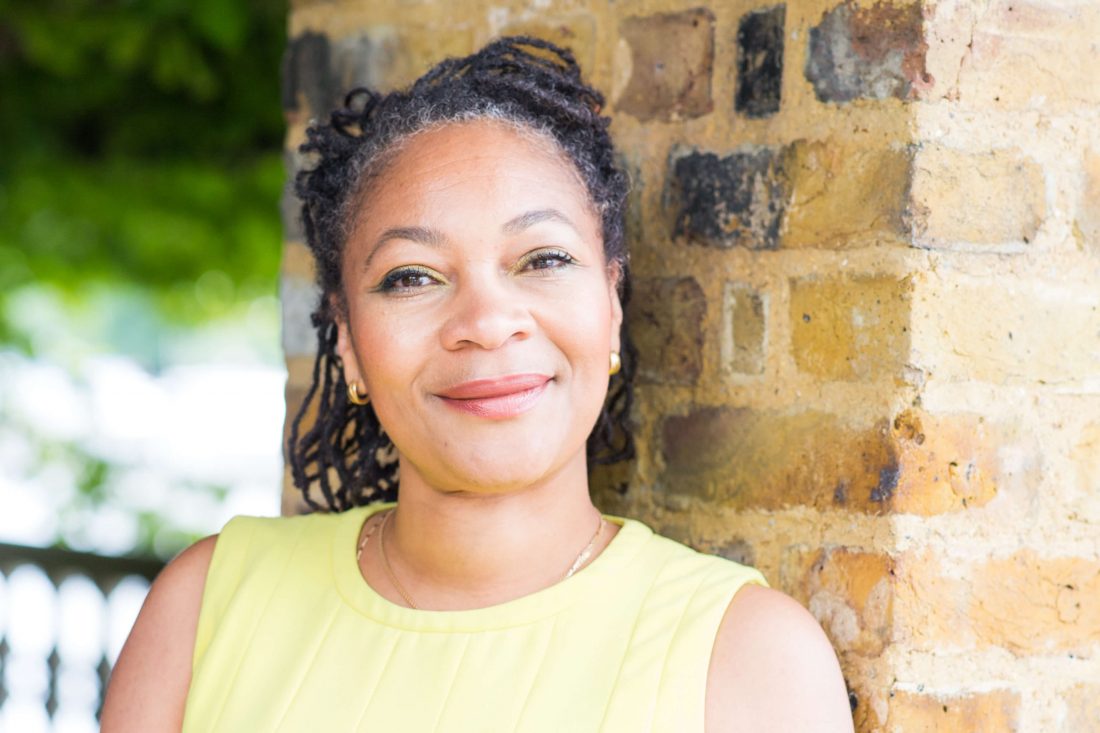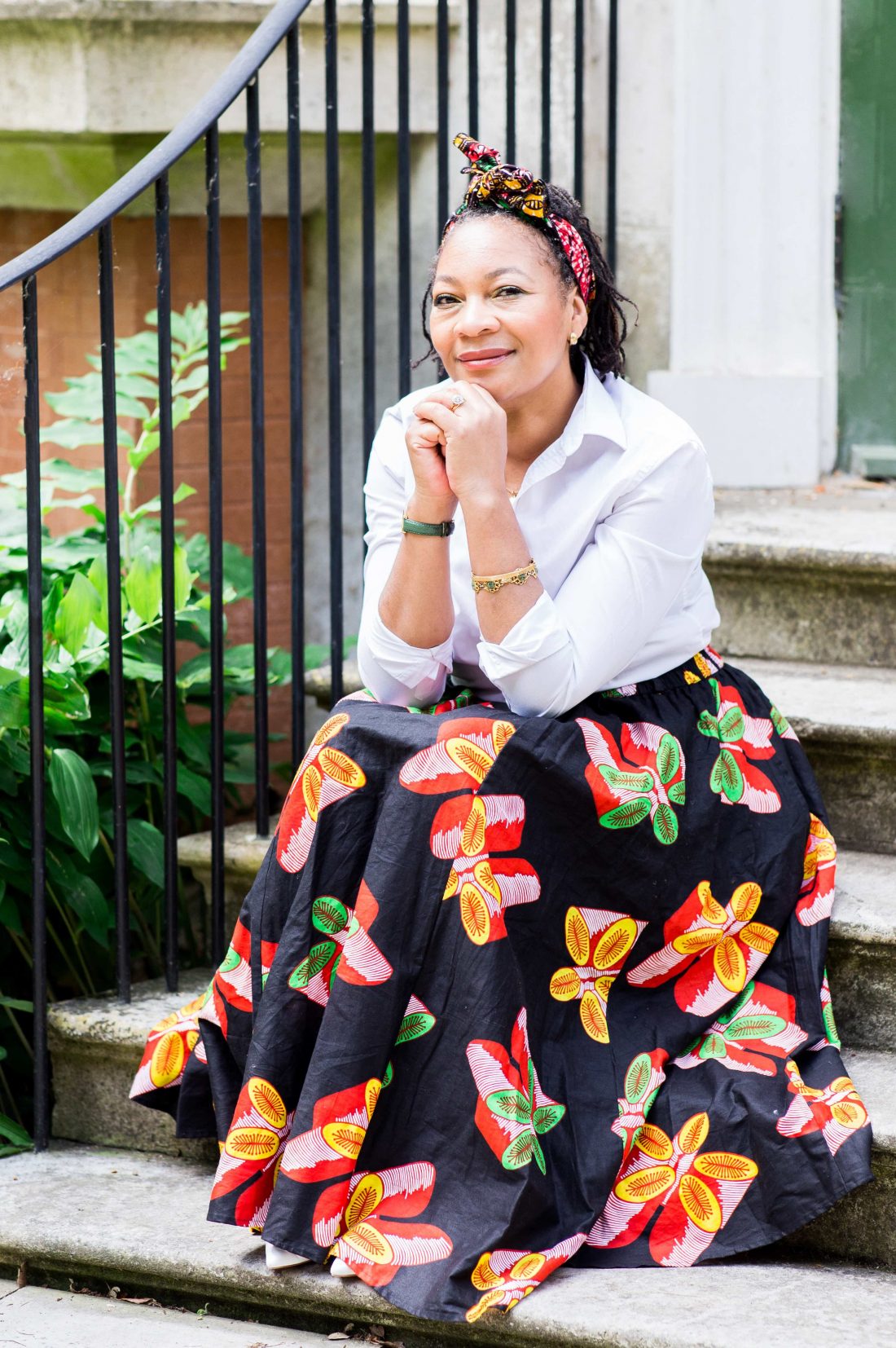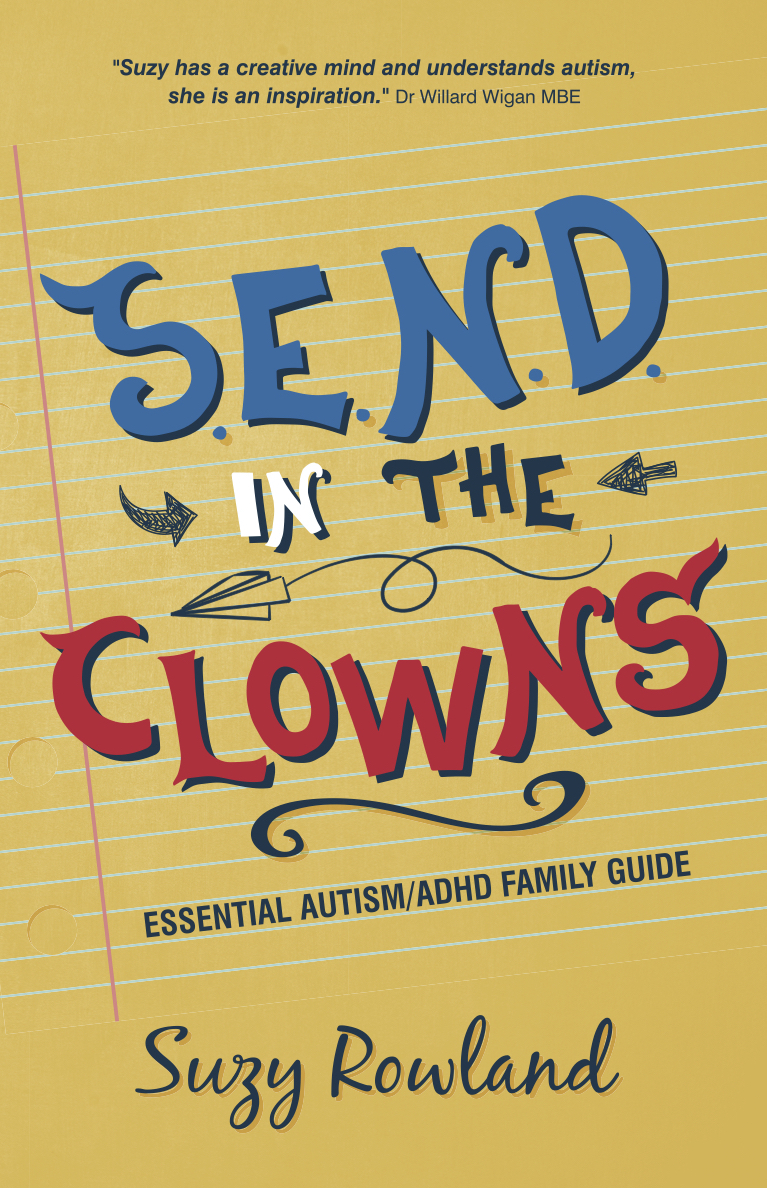If you a mum of an autistic child, what do you want society to know and understand about how to treat your child? Suzy Rowland, an author and autism/ADHD expert, shares her knowledge of being a parent of an autistic child.

There is still much unknown and misunderstood about autism even though there are an estimated 700,000 people in the UK who have the condition. Suzy Rowland, whose son was diagnosed with Asperger’s and ADHD at aged nine, has devoted her career to raising awareness and understanding of autism.
Suzy set up her platform, the #happyinschool project, to break down the complexity of autism and ADHD behaviours in education, to parents and educators. She’s committed to raising the bar for wellbeing for children in schools, in particularly for autistic and ADHD children and uses mindfulness, Cognitive Behavioural Therapy, storytelling and listening as her tools.
Suzy is particularly passionate about supporting groups who are disadvantaged by their race, neurodiversity or their additional needs, for example, boys of Black Caribbean heritage, a group who are statistically, most likely to be excluded from mainstream primary and secondary schools.
In recognition of Autism Awareness Month (April), we asked Suzy to share her experience of being a mum of an autistic child and to tell us how she would like society to perceive autistic young people. This is what she said.

“My friend, also a mum with an autistic son, described her journey of having an autistic child as like booking a holiday to the Canary Islands and finding yourself in Greece – both great countries, just not what you were expecting. Although that sentiment is true, there is a twinge of sadness to it, which I totally empathise with. The reality is that parenting is always a roller-coaster… you never know how it’s going to feel, but you have to accept that there will be stomach-churning dips with thrilling highs along the way, from the minute your child or children make an appearance in the world!
In my own journey of autism in school experiences, I searched in vain for studies about Black autism and didn’t find very much. I was curious to find out whether other boys, had experienced such a tortuous journey towards diagnosis? A recent Cambridge University study raises the worrying assertion that autism is in fact, highly prevalent in Black pupils, a finding which certainly calls for further research. I have often wondered what proportion of Black Caribbean or dual heritage children are excluded from school due to ‘bad behaviour’ or locked up for criminal activity when their behaviour could be the result of an undiagnosed autism spectrum condition or another unidentified neurodiversity?
Right now, there are more questions than answers, but the following are five areas that I would like society to know about autistic young people.
The reality is that parenting is always a roller-coaster… you never know how it’s going to feel
High-functioning?
You may have heard of someone described as being autistic but ‘high- functioning’ which is a shorthand way of saying, they’re not non-verbal and they interact with others well in many situations – they don’t seem obviously impaired by their autism. The reality is different: high-functioning autistics still feel anxiety, get stressed, experience meltdown or emotional shutdown, forget things and make mistakes: it’s not black and white. Additionally, the terms high-functioning or low-functioning are quite hurtful, as high-functioning denies people’s hidden or emotional struggles and low-functioning ignores the individual’s strengths.
Disability or Condition?
Autistic Spectrum Disorder is the diagnostic term for autism. Many autistics and their parents, prefer to use the word ‘condition’ instead of ‘disorder.’ It may seem subtle but as language defines us, it’s understandable that autistic children don’t want to feel like they have a disorder. The word condition explains there is a cluster of things going on, but that’s part of the individual’s whole person and doesn’t leave an overly negative impression. What is negative however is the way that many parents are treated when their children are being assessed for autism. In some cases, parents share dismal tales of being judged as a ‘bad parent’ before their child is eventually diagnosed as autistic or ADHD.
There is a long way to go before the diagnosis pathway is simplified and treats all children equally, especially those of Black African / Caribbean origin in the UK or African American children in the States. Parents of all cultures and races need to be clear that there is no cure for autism – it’s not an illness, and it isn’t a curse. It’s a developmental condition that usually begins in early childhood and shapes the adult you will become. The autistic spectrum is wide and colourful. The autistic children I know are kind, loving, and funny, with a diverse range of abilities and many have superpowers. Some have significant learning disabilities, alongside their autism, which can make independent living a challenge in later life. But with support and agency, all autistic children can have fulfilled and happy lives – think ‘different’ not less.
“Parents of all cultures and races need to be clear that there is no cure for autism – it’s not an illness, and it isn’t a curse.”
Education is one key to your future, there are other keys!
Your child could breeze through education and end up with a first-class honours’ degree – with or without an autism diagnosis! Society places huge emphasis on educational qualifications as the end goal of going to school. It’s not surprising so many teens were disappointed with their teacher–assessed GCSE grades during COVID-19. Placing academic results as the pinnacle of the school experience can create feelings of failure for many autistic children, which is a pity as they may have talents in other areas. Expecting autistic children who are passionate about art for example, to continue to learn French or Science, until they choose their options in Year 9 can be highly demotivating, making school an unhappy place to be.
Autistic children are entitled to ‘reasonable adjustments’ in school, which means the school can make changes to enable autistic pupils to participate in their education. Schools and parents need to understand that these adjustments are not creating an unfair two-tier system, they are redressing an imbalance that already exists. (Just 22% of autistic adults are in any kind of employment, ONS, 2020).

Disability discrimination vs. Racial discrimination
A report looking into Racial Disparities in the UK was published by the UK Conservative government in April 2021, following the numerous Black Lives Matter protests that rolled across the UK in 2020, in response to George Floyds’ murder. The report was intended to address the trauma and sadness felt by many Black people and a call to action against institutionally racist organisations. The protests expressed deep-rooted feelings; we are hurting, we are discriminated against in many areas of public policy, we are the victims of structural racism, which can be traced right back to the activities of the British Empire. The linkages between disability discrimination and racial discrimination are crystal clear to me. All discrimination stems from ignorance and fear. Thinking of autism as another way of being, takes away the fear and anxiety, much of which is created by a society – wholesale changing attitudes are the answer.
“All discrimination stems from ignorance and fear.”
Uniquely individual
Make no mistake, he isn’t like any other autistic person you’ve met. When my mother was teaching in Birmingham schools in the 1980s, she’d tell me about teacher colleagues who would conspiratorially tell her that she was ‘different’ to other Black people! Well of course she was – we are all individuals. All autistic children are different too. When your friend mentions their autistic child, it’s unhelpful to say, “oh my friend’s got an autistic child, is this one good with computers too?” It might be meant well, but don’t be surprised if you get an eye roll in response.

Suzy Rowland is the author of S.E.N.D. in the Clowns. Buy the book here.












